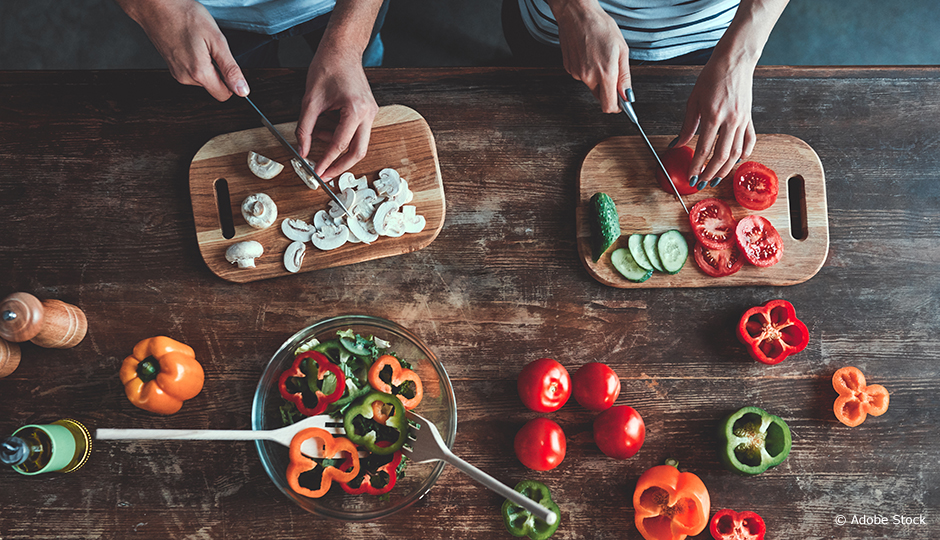
Human beings pursue personal goals for themselves as well as for those around them, such as their romantic partners, relatives and friends. Food is an area in which it is common to maintain so-called “vicarious” goals. In fact, the eating goals that people have for their loved ones can be influenced by complex motivational and relationship processes. Their study in couples provides a better understanding of the consequences of these dynamics, particularly in terms of psychological well-being. This is a question Noémie Carbonneau, a professor in the Department of Psychology at Université du Québec à Trois-Rivières, has been working on.
Food is an area in which it is common to maintain so-called “vicarious” goals.
To do so, the researcher looked at eating goals from a self-determination theory perspective. Based on a questionnaire completed by 131 heterosexual couples, she examined how the nature of women’s personal eating goals influences their eating goals for their partner and their interpersonal style with their partner. She found that women who have a harmonious relationship with food (health-focused eating goals) are seen by their partners as more supportive, while those who have a conflictual relationship with food (appearance-focused eating goals) are seen as more controlling.
This project highlights the significant importance of social environment in a person’s relationship to food and well-being. In future, therapeutic interventions aimed, for example, at helping individuals better understand their relationship with their bodies and with food should take more account of these dynamics. In her work, Noémie Carbonneau now wants to separate the—probably independent—influence of parents from that of the spouse in the nature of the relationship that individuals have with food.
